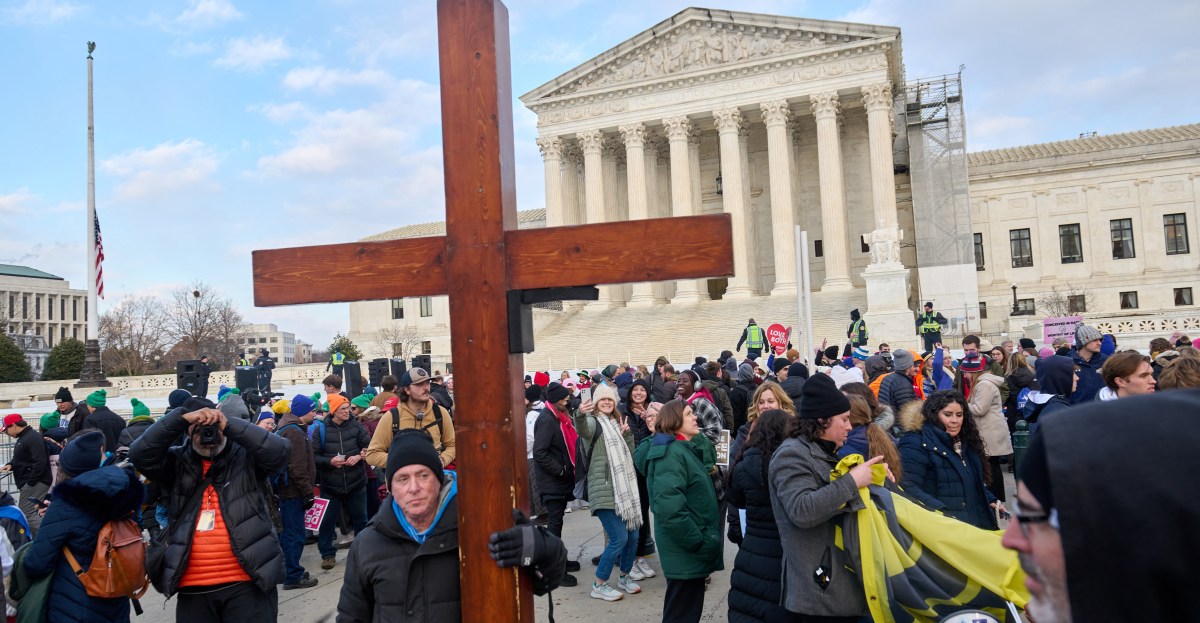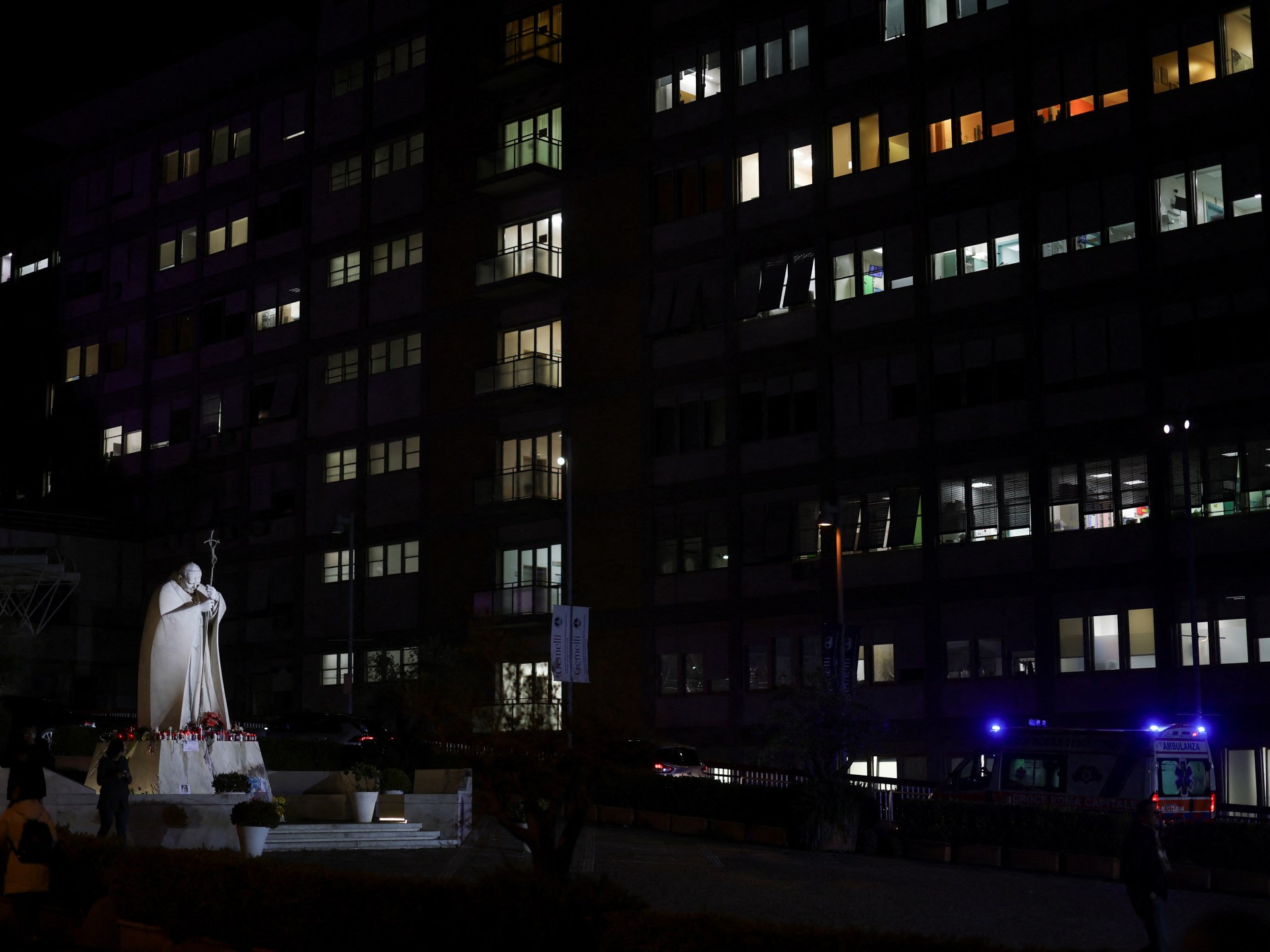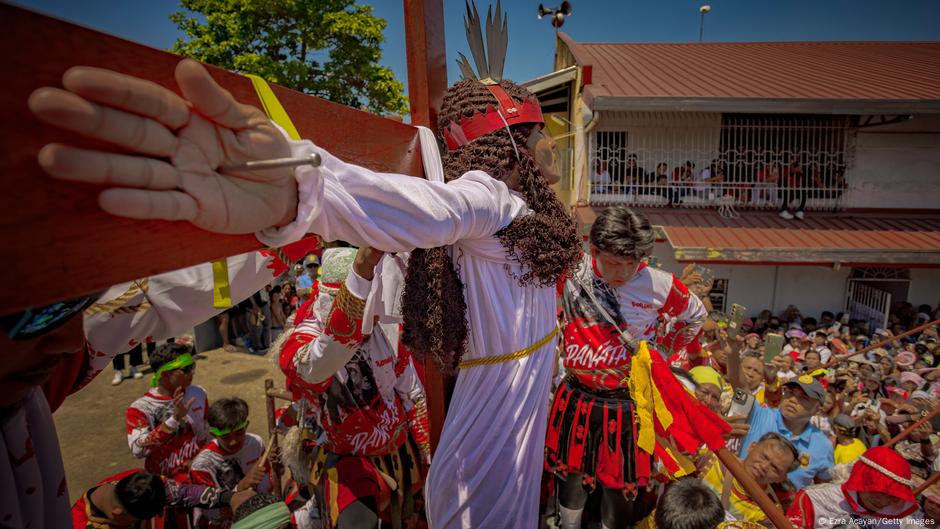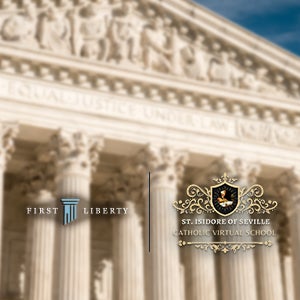Landmark Ruling: Japanese Court Deals Fatal Blow to Controversial Unification Church
Religion
2025-03-25 14:07:00Content
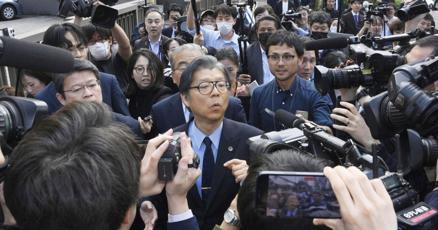
In a landmark legal decision, a Tokyo court has ordered the dissolution of the controversial Unification Church, marking a dramatic turning point for the religious organization. The ruling comes in the wake of intense scrutiny following the shocking assassination of former Prime Minister Shinzo Abe in 2022, which exposed deep-rooted connections between the church and political circles in Japan.
The court's decision represents a significant blow to the religious group, which has long been criticized for its aggressive fundraising tactics and alleged manipulation of followers. Government investigators have been meticulously examining the church's operations, ultimately leading to this unprecedented legal action that could fundamentally reshape the organization's presence in Japan.
This ruling sends a powerful message about accountability and the potential consequences of controversial religious practices, highlighting the Japanese government's commitment to protecting citizens from what it considers potentially harmful organizational influences.
The Unification Church now faces complete dissolution, a outcome that will likely have far-reaching implications for its membership and broader religious landscape in Japan.
Unification Church Faces Judicial Reckoning: A Landmark Dissolution in Japanese Religious Landscape
In a groundbreaking legal development that sends shockwaves through Japan's religious and political spheres, the controversial Unification Church finds itself at the center of an unprecedented judicial challenge, marking a pivotal moment in the nation's ongoing examination of religious organizations and their societal impact.Unveiling the Truth: A Judicial Turning Point for Religious Accountability
The Historical Context of the Unification Church in Japan
The Unification Church, long a contentious religious organization in Japan, has operated within a complex social and political landscape for decades. Its intricate web of influence extends far beyond traditional religious boundaries, intertwining with political networks and social structures. Founded on controversial theological principles, the church has consistently navigated challenging legal and ethical terrains, maintaining a significant presence despite mounting scrutiny. Scholars and legal experts have long questioned the organization's operational methods, highlighting concerns about its financial practices, recruitment strategies, and potential manipulation of vulnerable individuals. The church's global reputation has been marked by allegations of aggressive proselytization and controversial fundraising techniques that have drawn criticism from multiple governmental and social institutions.The Assassination Catalyst: Unraveling Political Connections
The 2022 assassination of former Prime Minister Shinzo Abe dramatically transformed public perception and governmental approach toward the Unification Church. This tragic event exposed deep-rooted connections between religious organizations and political establishments, triggering unprecedented investigations and legal scrutiny. Investigative journalists and government officials meticulously traced the complex relationships between the church's leadership and political figures, revealing a sophisticated network of influence that extended into the highest echelons of Japanese governance. The assassination became a watershed moment, compelling authorities to conduct comprehensive examinations of the organization's systemic operations and potential societal risks.Legal Proceedings and Judicial Reasoning
The court's decision to dissolve the Unification Church represents a monumental judicial intervention, unprecedented in modern Japanese religious history. Legal experts argue that this ruling transcends a mere organizational disbandment, symbolizing a broader commitment to protecting citizens from potentially exploitative religious practices. Judicial deliberations meticulously evaluated extensive evidence, including financial records, testimonial accounts, and comprehensive investigative reports. The court's reasoning emphasized the organization's potential threat to individual autonomy, economic stability, and social harmony. By rendering this landmark judgment, Japanese judicial authorities send a powerful message about the limits of religious organizational autonomy.Societal Implications and Future Perspectives
The dissolution of the Unification Church carries profound implications for Japan's religious landscape. It challenges existing paradigms of religious freedom, organizational accountability, and the delicate balance between spiritual expression and potential societal harm. Religious scholars and sociologists anticipate this decision will trigger broader discussions about regulatory frameworks governing religious organizations. The ruling potentially establishes a precedent for more stringent oversight, compelling religious groups to demonstrate transparent operational practices and genuine commitment to individual well-being.Global Reverberations and International Observations
International human rights organizations and religious freedom advocates are closely monitoring this unprecedented judicial action. The case presents a complex narrative about balancing religious liberty with protecting citizens from potentially manipulative institutional practices. Comparative analyses with similar international cases suggest that Japan's decisive approach might inspire similar regulatory considerations in other nations grappling with controversial religious organizations. The Unification Church's dissolution represents more than a localized legal event—it symbolizes a global conversation about religious accountability and institutional transparency.RELATED NEWS
Religion

Sporting Divide: How France's Hijab Restriction Challenges Religious Expression
2025-04-19 09:00:46
Religion
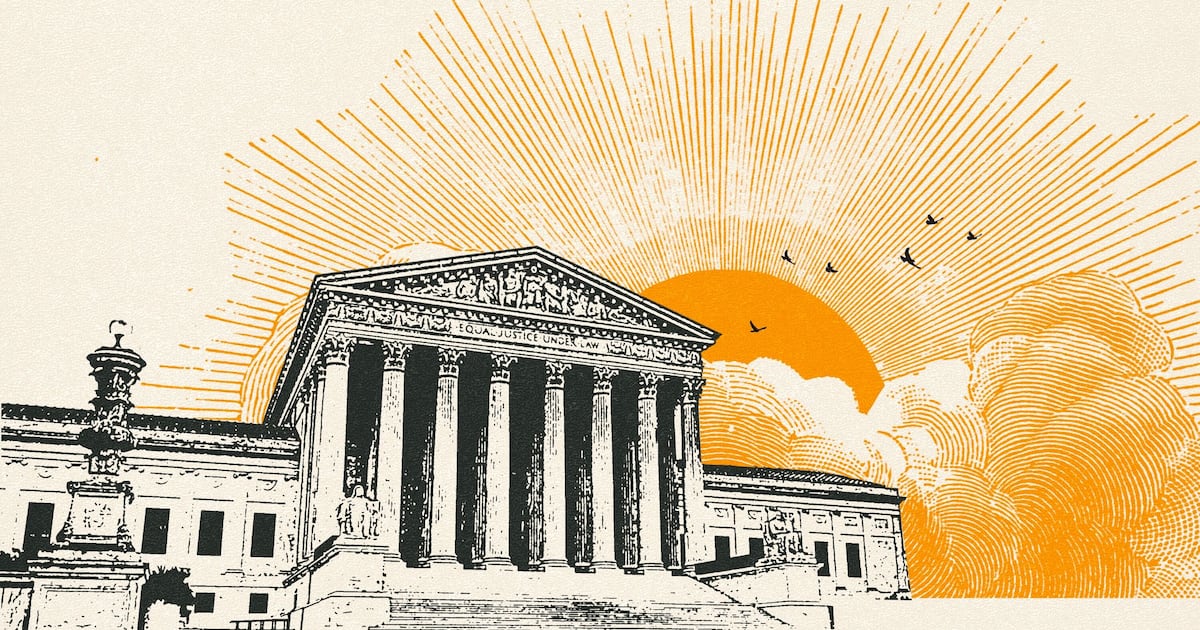
Faith, Funding, and the Highest Court: Catholic Charities' Tax Exemption Battle
2025-03-31 03:00:00
